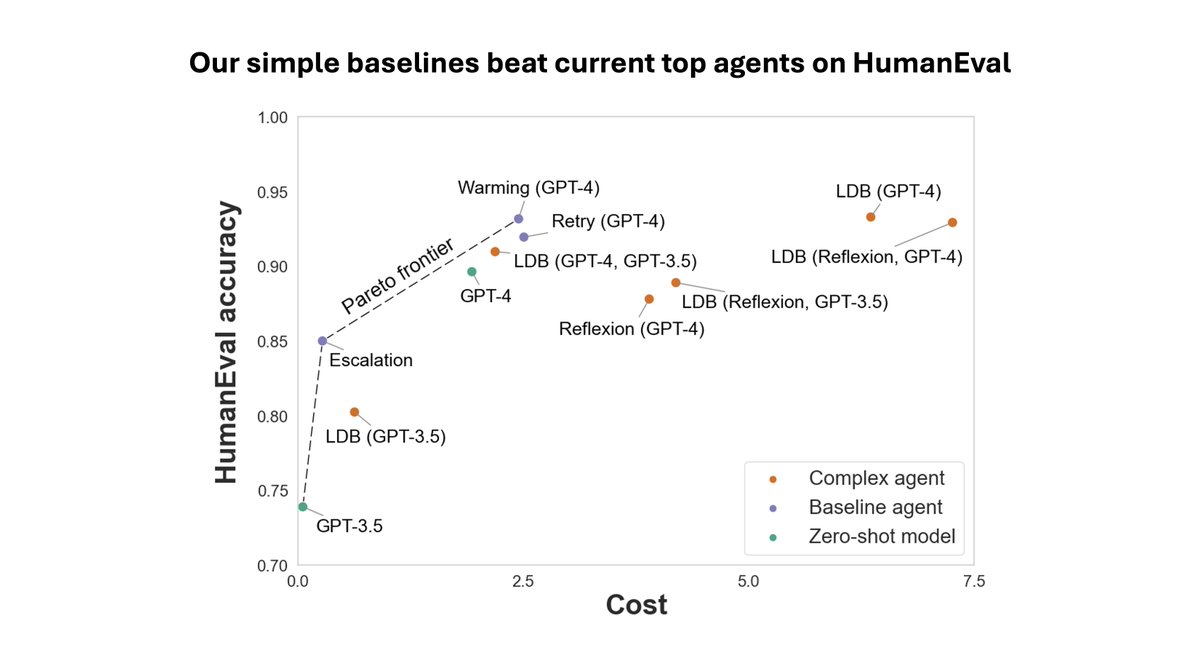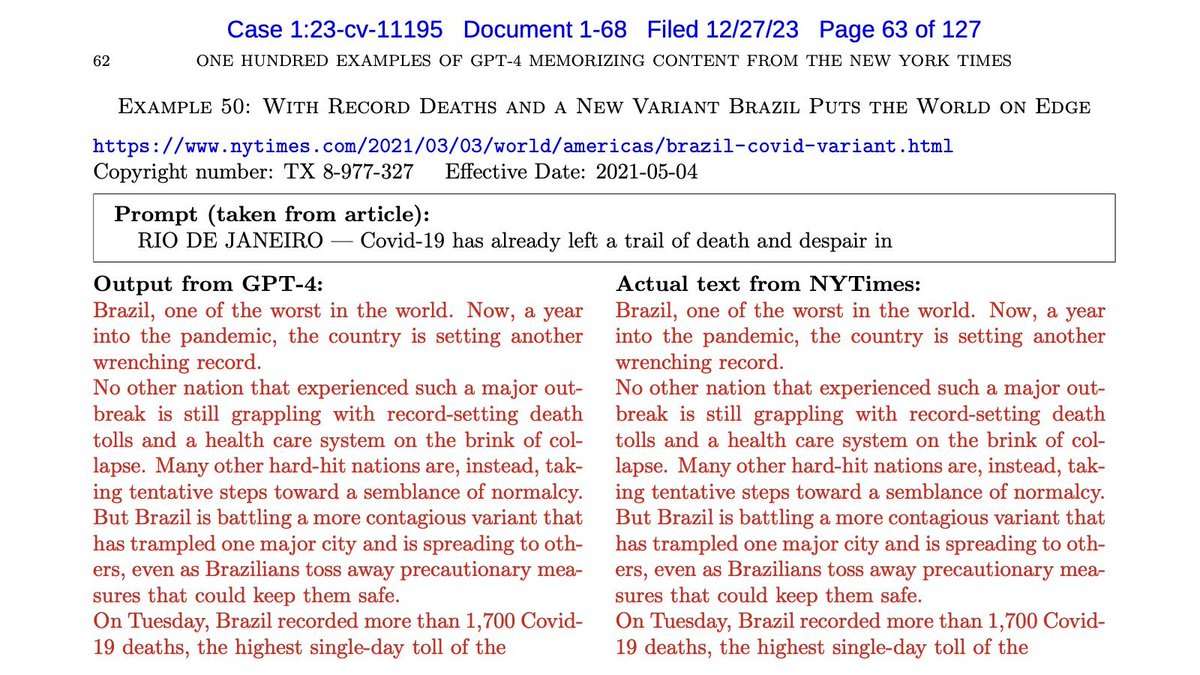Professors at top universities are lottery winners, but rarely acknowledge the role of luck in their success. Be skeptical when they give you advice suggesting that the path they took is a repeatable one. If you aspire to an academic research career, have a backup plan.
Deciding to go into academia because all your professors said it worked out pretty well for them is also known as the statistical fallacy of sampling on the dependent variable.
I'm reviewing pre-doctoral, doctoral, post-doctoral, and faculty applications. I'm amazed by how much more these candidates have accomplished than I had at the corresponding stage of my career, and how many more qualified candidates there are compared to available positions.
This thread is about one of the many improbable things that happened to me, without which I wouldn't be where I am today.
https://twitter.com/random_walker/status/950784801514180608
• • •
Missing some Tweet in this thread? You can try to
force a refresh










